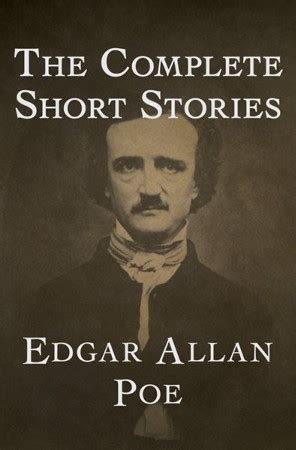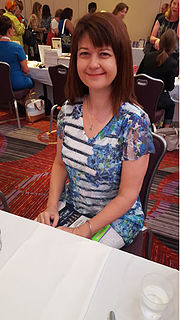A Quote by Sarah MacLean
No matter how troubled a character's history, romance novels tell us, love can be built upon it, and happily-ever-after can result. What's more, the darker the past, the brighter the future - and the better the read.
Related Quotes
History is my passion. So I write what I love to read. I find that if I combine history with a strong, sensual romance, it is like a one-two punch. The reader doesn't want the history without the romance, and of course the heavier the history, the more it has to be leavened with a sensual, all-consuming love story.
I can't deceive myself out of the bare stark realization that no matter how enthusiastic you are, no matter how sure that character is fate, nothing is real, past or future, when you are alone in your room with the clock ticking loudly into the false cheerful brilliance of the electric light. And if you have no past or future which, after all, is all that the present is made of, why then you may as well dispose of the empty shell of present and commit suicide.
There is something infinitely better than happily-ever-after. There is happiness. Happiness is a living, dynamic thing, Eve, and has to be worked on every moment for the rest of our lives. It is a far more exciting prospect than that silly static idea of a happily-ever-after. Would you not agree?" - Aidan Bedwyn
The history of the genocide perpetrated during the Second World War does not belong to the past only. It is a ‘living history’ that concerns us all, regardless of our background, culture, or religion. Other genocides have occurred after the Holocaust, on several continents. How can we draw better lessons from the past?
I still read romance, and I read suspense. I read them both. And part of it is, I like stories with strong characters, and I like stories where there's closure at the end. And I like stories where there's hope. That's a kind of empowerment. I think romance novels are very empowering, and I think suspense novels are, too.


































